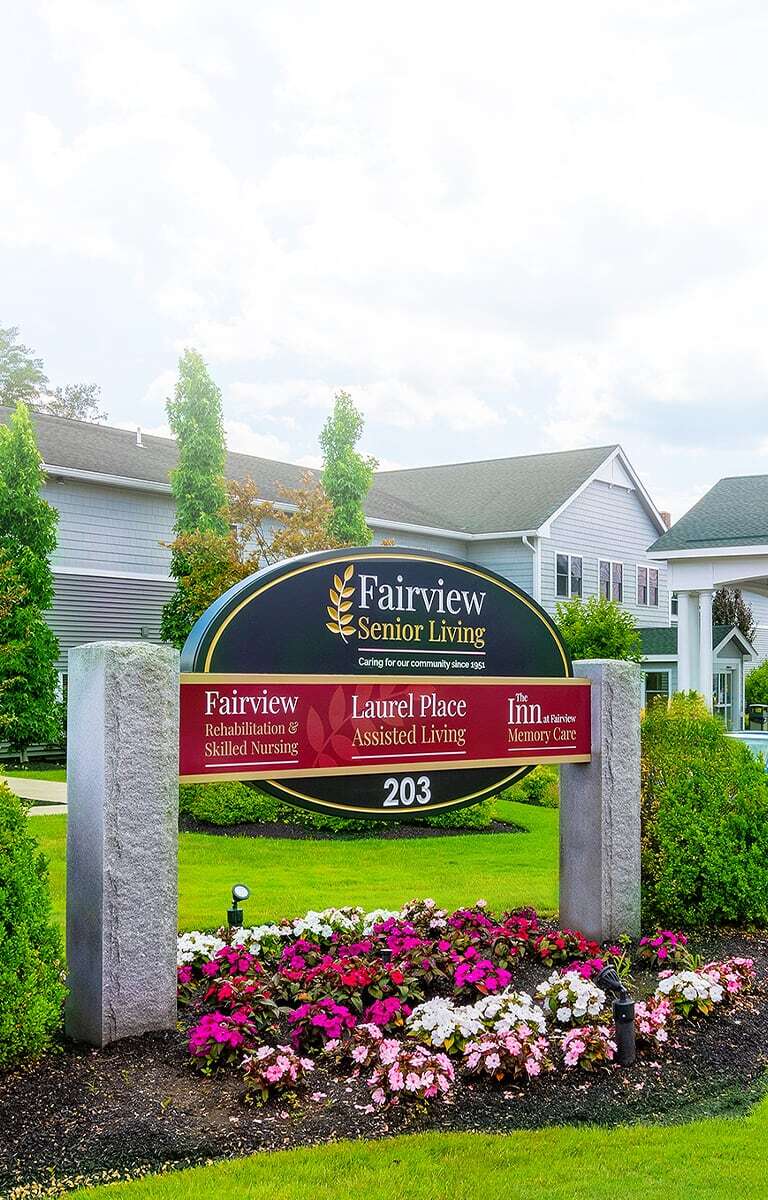Did you know that people aged 65 years and older are more prone to heat-related illness? According to the Centers for Disease Control and Prevention, older adults do not adjust as well as younger people to sudden changes in temperature. And, people often think that heat needs to be extreme to cause illness, but in older adults, signs of heat exhaustion can emerge when temperatures are as low as 80 degrees.
If you are over 65, or a caregiver for an older adult, this information can help you keep yourself and those you care for safe when it is hot outside.
There are a variety of factors that raise the risk of heat-related illnesses for older adults:
- Health problems such as cardiovascular, lung, or kidney disease
- Changes in skin caused by normal aging
- Taking diuretics, sedatives, tranquilizers, and some heart and high blood pressure medicines that may make it harder for the body to cool itself
- Being on several prescription drugs at the same time
- Obesity or being overweight or underweight
- Drinking alcoholic or caffeinated beverages
- Living in places without air conditioning or fans
- Becoming dehydrated
- Dementia or cognitive decline
The National Institute on Aging warns older adults that heat-related illnesses can cause serious health concerns or in some cases even death. Be aware of these conditions that can occur when it is steamy outside:
- Heat syncope – sudden dizziness that can happen when you are active in hot weather. If you take a heart medication called a beta blocker or are not acclimated to hot weather, you are even more likely to feel faint.
- Heat edema – swelling in your ankles and feet when you get hot.
- Heat rash – a skin irritation caused by heavy sweating that causes red clusters of small blisters that look similar to pimples on the skin. Your skin may feel itchy or you may feel tingling pain.
- Heat exhaustion – a warning that your body can no longer keep itself cool. You might feel thirsty, dizzy, weak, uncoordinated, and nauseated. You may sweat a lot. Your body temperature may stay normal, but your skin may feel cold and clammy. Some people with heat exhaustion have a rapid pulse.
- Sunburn – a sign of skin damage due to extreme or long exposure. Your skin may appear red and tender, develop blisters, start to peel, and be warm to the touch. Severe reactions may cause fever, chills, nausea, or rash.
- Heat stroke – a medical emergency in which the body’s temperature rises above 104°F. Signs of heat stroke are fainting, confusion or acting strangely, not sweating even when it’s hot, dry, flushed skin, strong, rapid pulse, or a slow, weak pulse.
Check the weather
Play it safe by planning ahead for hot days. Tune in to local radio or TV stations or check the weather app on your smartphone regularly for extreme heat forecasts. Be sure to pay attention to the heat index, which considers both the air temperature and humidity levels, to determine what the temperature actually feels like.
During extreme heat, take steps to stay cool and hydrated:
- Remain in an air-conditioned location as much as possible. If you don’t have air-conditioning, your local health department can help you identify resources for obtaining an air-conditioner. Using a fan to cool you off is not enough when the temperatures are very high. If AC isn’t available in the home, check to see if there’s a local cooling center.
- If your living space is hot, try to spend time during midday in a place that has air conditioning. Visit a shopping mall, movie theater, library, senior center, or a friend’s home. If you need help getting to a cooler place, ask a friend or relative. Some religious groups, senior centers, and Area Agencies on Aging provide this service. Search the Eldercare Locator to find services in your area. You could also consider taking a taxi or other car service. Don’t stand outside in the heat waiting for a bus.
- Drink more water than usual and don’t wait until you feel thirsty to drink. As people age, they also stop feeling as thirsty and so they tend to drink less. In hot conditions, that can cause them to become dehydrated faster. If your healthcare provider has told you to limit the amount of fluid you drink or has you on water pills, ask them how much you should drink during hot weather.
- Don’t use the stove or oven to cook—it will make you and your house hotter.
- Keep the curtains or blinds closed during the day.
- Wear loose, lightweight, light-colored cotton clothing.
- Take cool showers or baths to cool down.
- Check on a friend or neighbor and have someone do the same for you.
Whatever you do, if you are over 65 and the weather gets hot, it is important to take the heat seriously. It is the No. 1 cause of weather-related deaths in the United States, largely in older adults; and many of those fatalities are preventable.
References:
The National Institute on Aging
Hot Weather Safety for Older Adults
The New York Times
Heat Affects Older People More. Here’s How to Stay Safe
National Institutes of Health
The Environmental Protection Agency
Climate Change Indicators: Heat-Related Deaths
For more information on hot weather safety:
Eldercare Locator
800-677-1116
eldercarelocator@n4a.org
https://eldercare.acl.gov
USAging
202-872-0888
info@uasging.org
www.usaging.org
Low Income Home Energy Assistance Program
National Energy Assistance Referral Hotline (NEAR)
866-674-6327
energyassistance@ncat.org
https://liheapch.acf.hhs.gov/help




